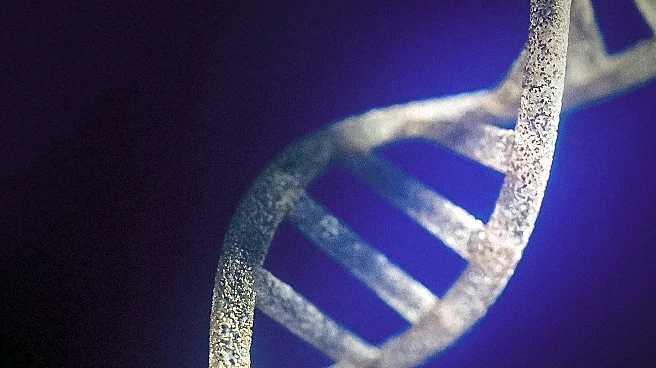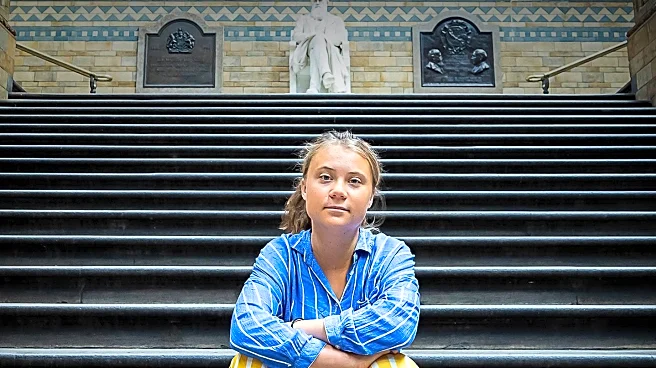What's Happening?
Despite safety concerns following two deaths, about 90% of surveyed doctors continue to prescribe Sarepta's Elevidys, a gene therapy for Duchenne muscular dystrophy (DMD). The therapy is primarily prescribed to ambulatory patients, who have shown a favorable risk/benefit ratio. The deaths occurred in non-ambulatory patients, leading to a black box warning and a temporary halt in shipments by the FDA. Sarepta's stock has significantly declined, but demand for Elevidys persists, with ongoing treatments and scheduled infusions. New dosing guidelines include the use of sirolimus to mitigate liver enzyme issues.
Why It's Important?
The continued prescription of Elevidys highlights the complex balance between potential benefits and risks in gene therapy treatments. For ambulatory DMD patients, the therapy offers significant benefits, but the associated risks for non-ambulatory patients have raised concerns. The situation underscores the challenges in developing and regulating advanced therapies, particularly those using AAV vectors. The financial impact on Sarepta, with a substantial stock decline, reflects the market's sensitivity to safety issues in high-cost treatments. The ongoing demand suggests a cautious optimism among healthcare providers regarding the therapy's benefits for specific patient groups.
What's Next?
Sarepta's future actions will likely focus on ensuring the safety of Elevidys, particularly for non-ambulatory patients. The company may need to conduct further studies to confirm the therapy's benefits and address safety concerns. Regulatory scrutiny will continue, and any new safety incidents could significantly impact the therapy's market presence. The medical community will closely monitor the situation, with potential adjustments in prescribing practices based on emerging data. The broader implications for AAV gene therapies will also be a point of focus, influencing future developments in the field.









